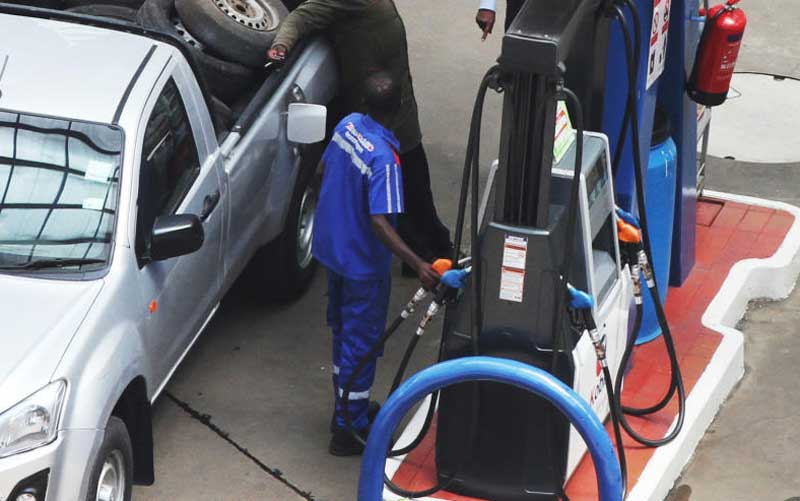×
The Standard e-Paper
Smart Minds Choose Us

A fuel pump attendant at a Kobil petrol station in Nairobi goes about his business. The Government announced new fuel prices yesterday as the country battles with the Covid-19 pandemic. [Elvis Ogina, Standard]
Poor households have been hit with increased kerosene prices while motorists have been gifted a major drop in petrol prices in the latest price capping guide by the government.